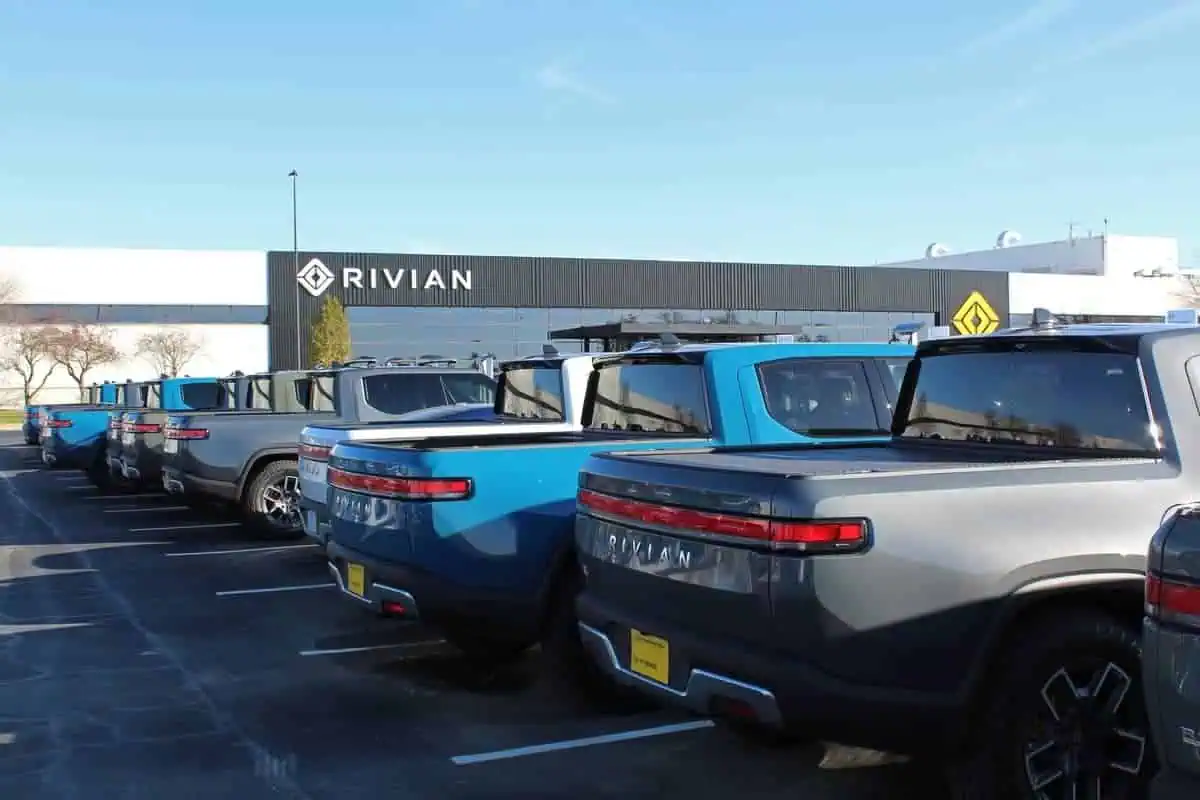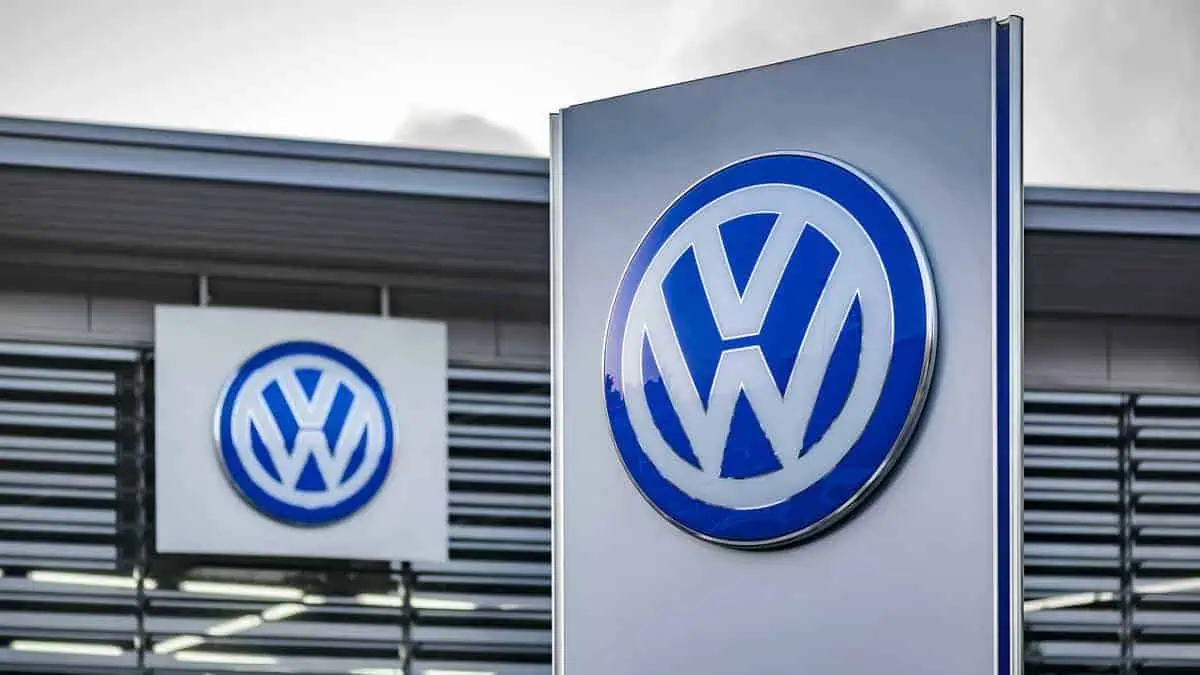American startup Rivian has just announced a new milestone with the successful production of its 100,000th electric vehicle model at its Normal factory in Illinois, US.
Rivian produces its 100,000th EV
Rivian Chief Executive RJ Scaringe announced on social media platform X the company’s latest production feat with an image of the jubilee vehicle: a Rivian R1S three-row electric SUV.
In hindsight, Rivian hit its 25,000th electric vehicle production milestone in 2022. It marked the first full year of operation at its Normal factory in the US.
Higher-than-expected Q1 2024 performance
Rivian has been reporting remarkable progress in its electric vehicle business lately, despite the industry-wide downshift due to slower-than-expected uptake.
Impressively, Rivian managed to beat its own and even Wall Street’s sales forecast for the first quarter of the year. According to Wall Street veteran Gary Black of The Future Fund, the Street projected Rivian to produce 13,800 and deliver 11,900 EVs in the first three months of 2023.
Rivian produced a total of 13,980 electric vehicles in Q1 2024. Of that total, deliveries reached 13,588 units. All vehicles undergo production at the Normal factory.
Rivian also reiterated its original electric vehicle production forecast of 57,000 units for FY 2024. For comparison, FactSet consensus currently stands at 54,000 units, according to MarketWatch.
Rivian launches NACS adapters
Another significant advancement for Rivian’s electric vehicle business is the official launch of its North American Charging Standard (NACS) adapters to enable its customers to charge in Tesla’s enormous Supercharger network in the region.
Rivian’s NACS adapter rollout received positive feedback from owners. In fact, some of them are even highlighting the incredible integration of Supercharging prices into their electric vehicles’ displays.
CEO Scaringe also referred to the initiative as a “great collaboration with the Tesla team.”
However, despite these notable developments, Rivian stock remains close to all-time low prices as electric vehicle startups struggle with higher interest rates. Moreover, its shares declined more than 30% over the prior 12 months.






